[2/16/2009] - Jazz-opera 'Québécité' grew from an interracial love story
The words jazz and opera rarely share the same neighborhood; other than ''Porgy and Bess,'' little else comes to mind. But occasionally a work appears that challenges expectations and blurs boundaries. ''Québécité'' does just that.
''Québécité'' is a multi-cultural jazz opera with a libretto by Afro-Canadian poet George Elliot Clarke and music by Canadian-born, New-York-based D.D. Jackson.
The work, which premiered in 2003 at the
Guelph Jazz Festival in Montreal, will be performed in a concert version Wednesday at Moravian College.
Think of ''Québécité'' as a jazzy, contemporary ''Romeo and Juliet'' with a happy ending. There are four star-crossed lovers in this boy-meets-girl drama.
Yoon Choi plays Colette Chan, a Chinese immigrant law student. Dean Bowman plays her lover Malcom State, an Afro-Canadian jazz saxophonist and singer. Martin Sola is Ovide Rimbaud, a Haitian architect, and Meetu Chilana is Laxmi Bharati, a Bombay-born architecture student.
Musicians include Shane Endsley on trumpet, Dana Leong on Cello, Reggie Nicholson on drums, Thomas Morgan on acoustic bass, and Jackson on piano, who also will conduct.
Few librettist/composer teams would be as well- qualified to write a multicultural jazz opera about two interracial couples as Clarke and Jackson. Clarke, a professor of literature at the University of Toronto, is a poet with a penchant for lush, sometimes over-the-top language. He has spent much of his career writing about the black communities of Nova Scotia, and is a nephew of the late Canadian opera singer Portia White.
Jackson is a Juno Award-winning pianist/composer with a dozen recordings embracing mainstream and avant-garde jazz, world music, and classical -- he even studied briefly with Menahem Pressler before moving to New York City in 1989. But what makes ''Québécité'' really personal are its links to his history.
Jackson's mother was the daughter of a Taiwanese diplomat; his father was an Afro-American Spanish language professor. Their marriage was so strongly opposed by Jackson's Chinese grandparents that the couple decided to leave the United States for Canada.
''Before my mother died she dictated her life story into a tape recorder. My father transcribed it, and added his own story,'' says Jackson. ''So he created this document of their own families' history.''
Jackson met Clarke through Ajay Heble, the artistic director of the Guelph Jazz Festival, who commissioned ''Québécité'' for the festival's 10th anniversary. When the two were kicking around ideas for a libretto, Jackson suggested something based on his parent's story. In the opera, Jackson's father is roughly represented by Malcom, and his mother by Colette. Laxmi is loosely based on Clarke's own wife Geeta, a fan of Bollywood and Indian music.
The two couples and their cross-cultural romantic complications are set in modern-day Quebec City. ''Quebec City is not typically associated with ethnic minorities. By setting the opera there, we're making a statement about what the face of Canada really is, what it has become today,'' says Jackson.
Writing the score for ''Québécité'' was, Jackson admits, a challenge. ''It's hard to define what a jazz opera really is. For me, that meant doing something that Duke Ellington might have done -- he wrote his music for the musicians he had on hand,'' he says. ''In the case of this opera, I had pretty much the entire ensemble who did the premiere in mind before I wrote the music.''
That was particularly important for the four singing leads, two of whom will be performing on Wednesday. Bowman is an incredibly versatile singer, as comfortable with gospel as he is with scat. Choi is more of an avant-garde jazz vocalist, with a very distinct style. Chilana gives the voice of Laxmi an exotic, Indian flavor. Sola, whose background is Latin-oriented, represents a unique side to the character of Ovide.
The result is a colorful polyglot, in which the personalities of the characters are reflected in the music.
Says Jackson, ''The musical style incorporates elements of jazzy ballads and blues. But because it's written with these voices in mind, the music is also very disparate -- there is a lot of adventurousness in it. But the unifying factor of the work is that there is a lot of melody to hold on to. So, no matter how crazy it gets, there is always a lot of accessibility.''
- The Morning Call, Steve Siegel

